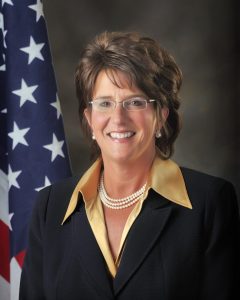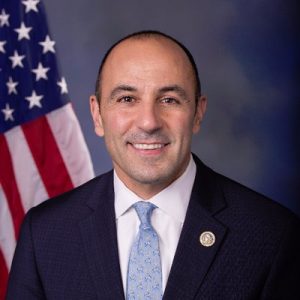
WASHINGTON — If you own a farm and a member of your family that has been essential to the farm’s operation dies, you inherit that person’s stake in the farm.
With that inheritance normally comes estate taxes levied by both the federal and state governments. Hoosier farmers say they are encouraged by a bill that has been introduced by Rep. Jackie Walorski (R-IN-02) and Rep. Jimmy Panetta (D-CA-20).


The bill would rewrite the current tax code on estate taxes regarding farmland throughout the U.S.
“The tax code needs to be updated,” said Bob White, national government relations director with the Indiana Farm Bureau. “When a party is deceased from a farming operation the way they value the farmland is developmental.”

White told Inside Indiana Business that when a family member, such as a matriarch or patriarch, dies leaving a family farm to surviving family, the value of the farm is always reassessed by the IRS. But, what normally happens is if the land is close to a metropolitan area the land is assessed as “developmental land” instead of what it actually is, farmland.
This normally happens with farms that are close to metro areas such as the donut counties around Indianapolis or near smaller metros like Bloomington, according to White.
He said estate taxes on developmental land are much more expensive than taxes on farmland.
“The dilemma here is if farm families want to keep it in the family and are assessed the market development valuations, which can sometimes be five to six times want the farmland valuation would be, they can not afford the estate taxes that would be impressed upon them,” White said.
White expects the bill to be attached to another “non-controversial” bill that has bipartisan support and could move through both the House and Senate. He said the bill would “keep more farms in operation in allowing heirs to continue farming.”

